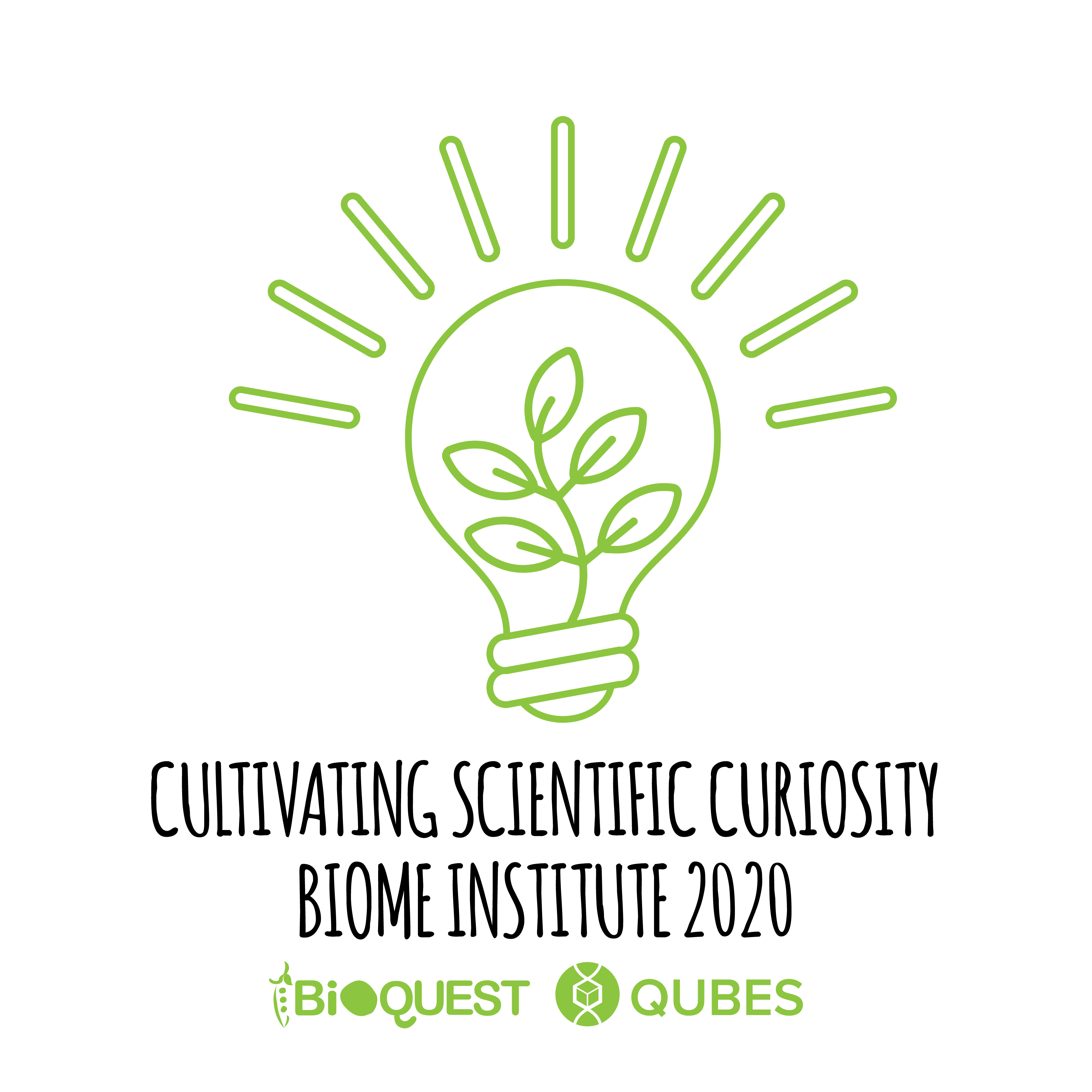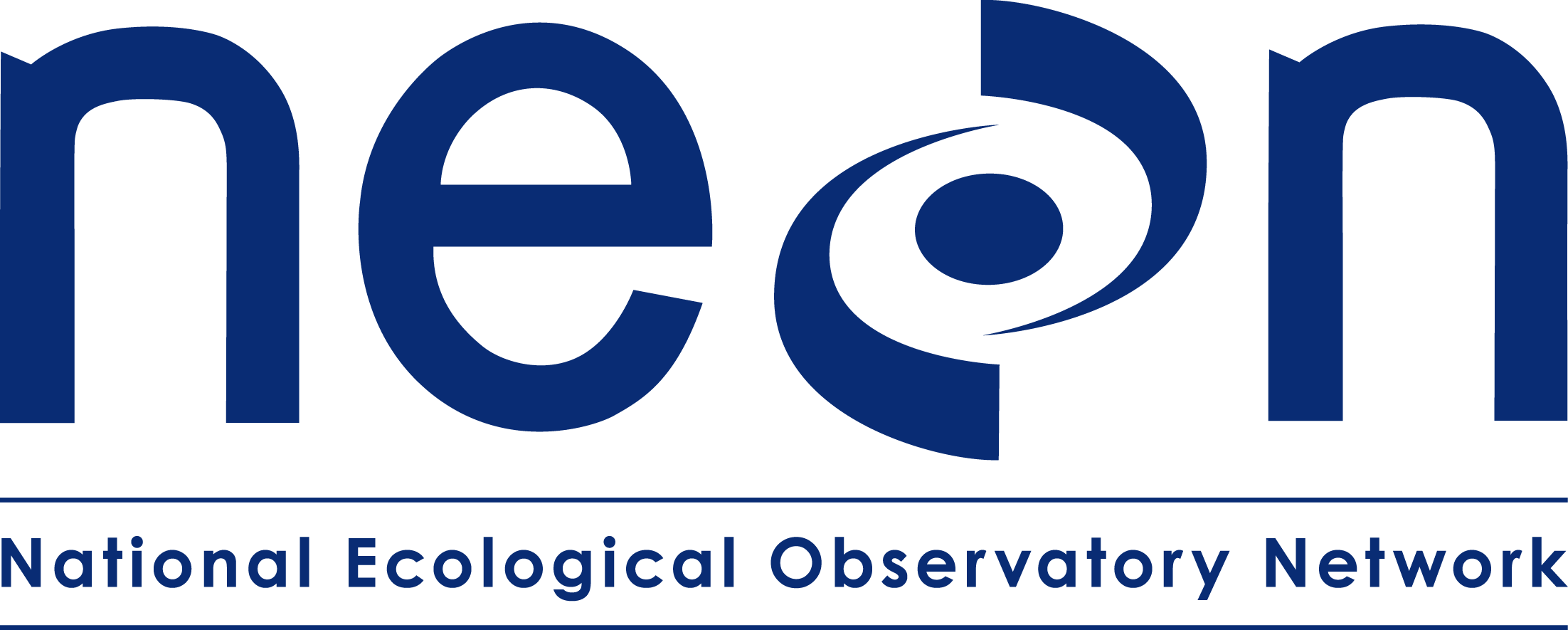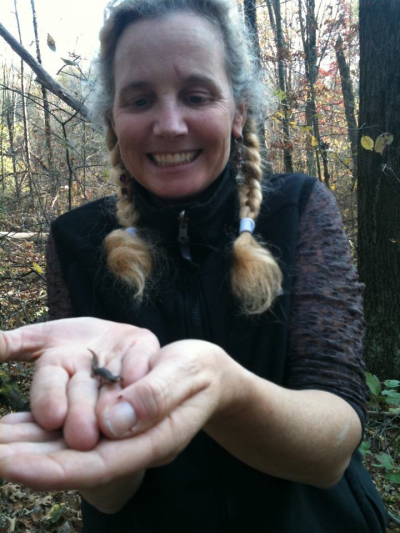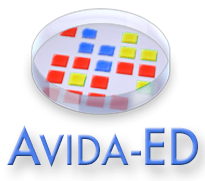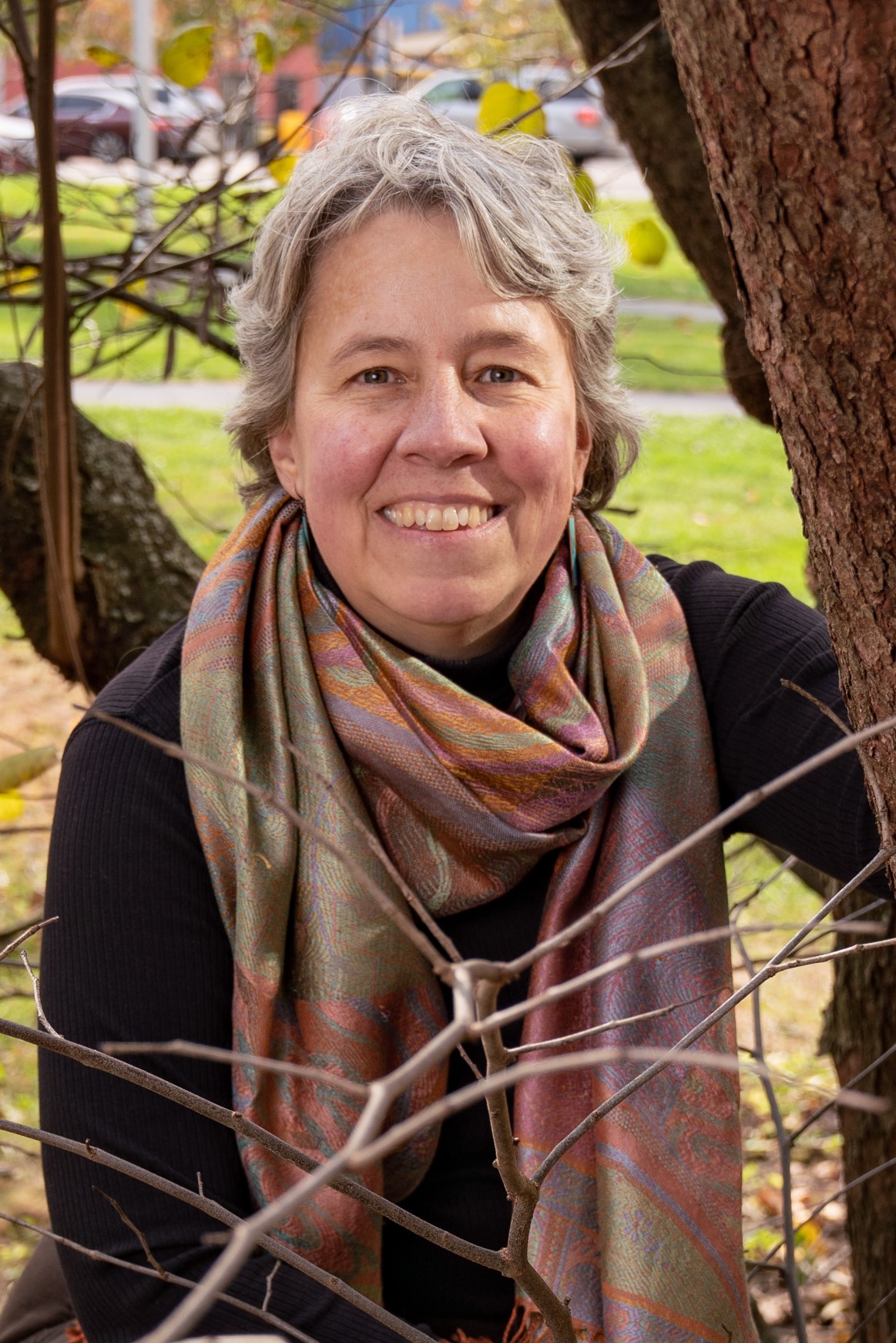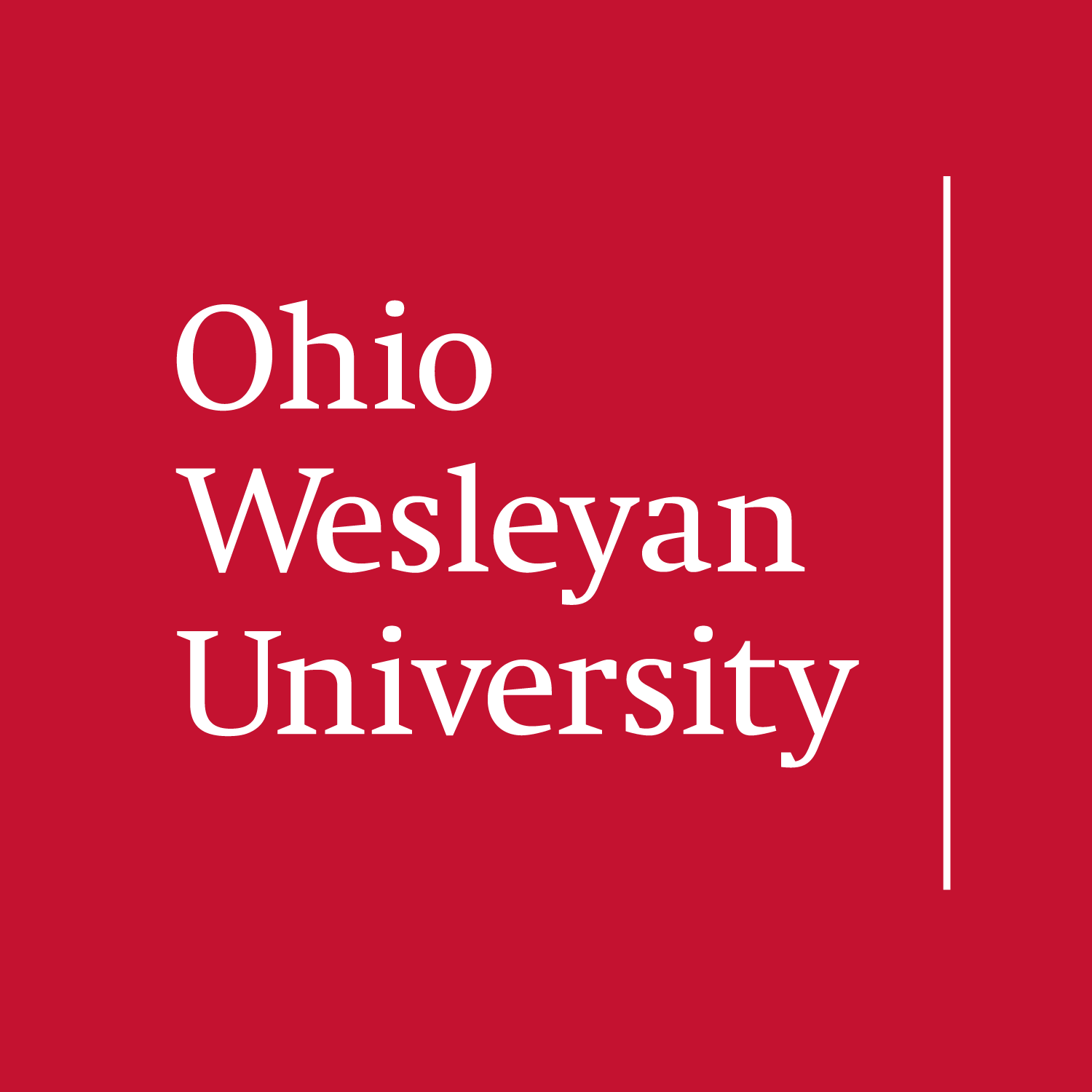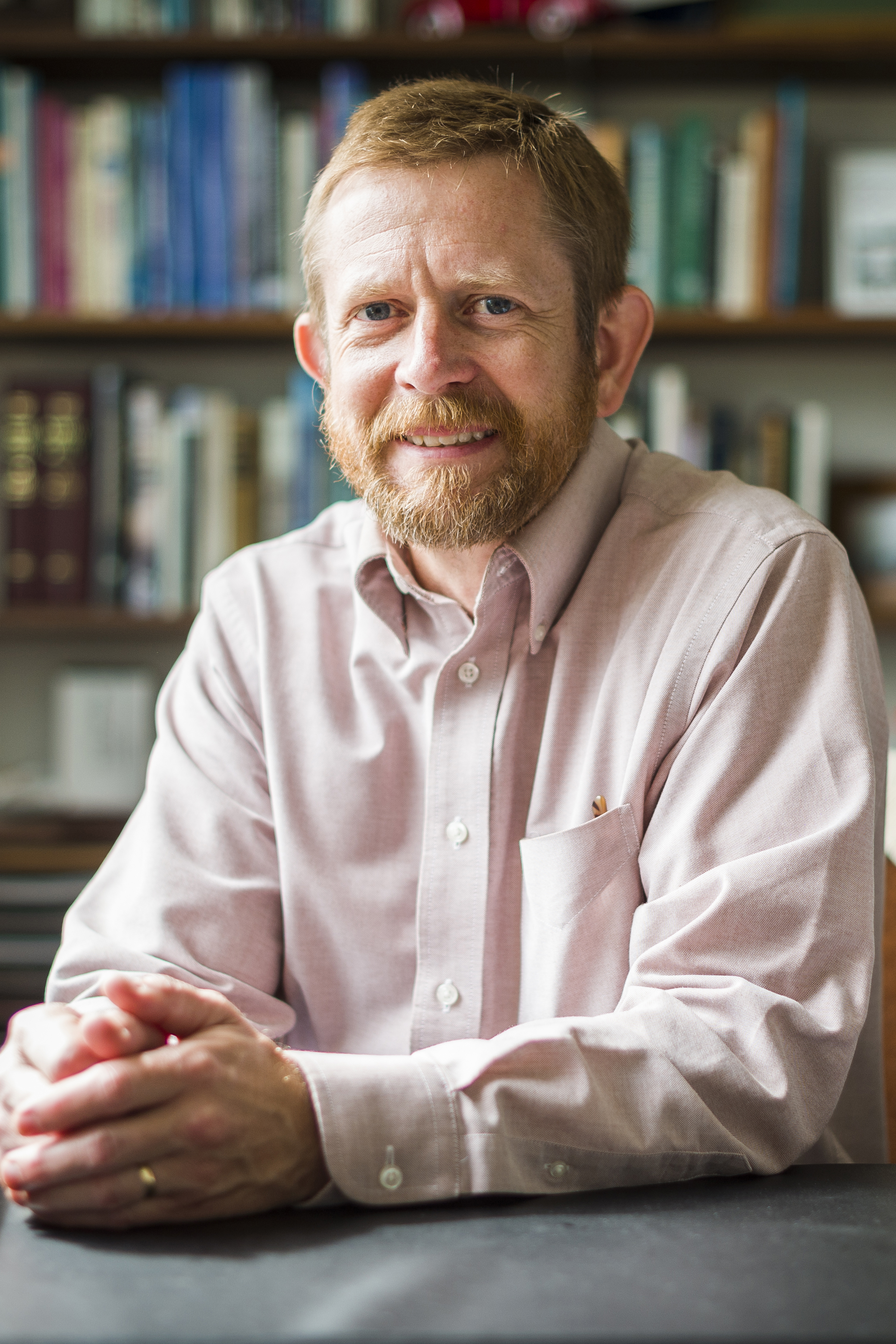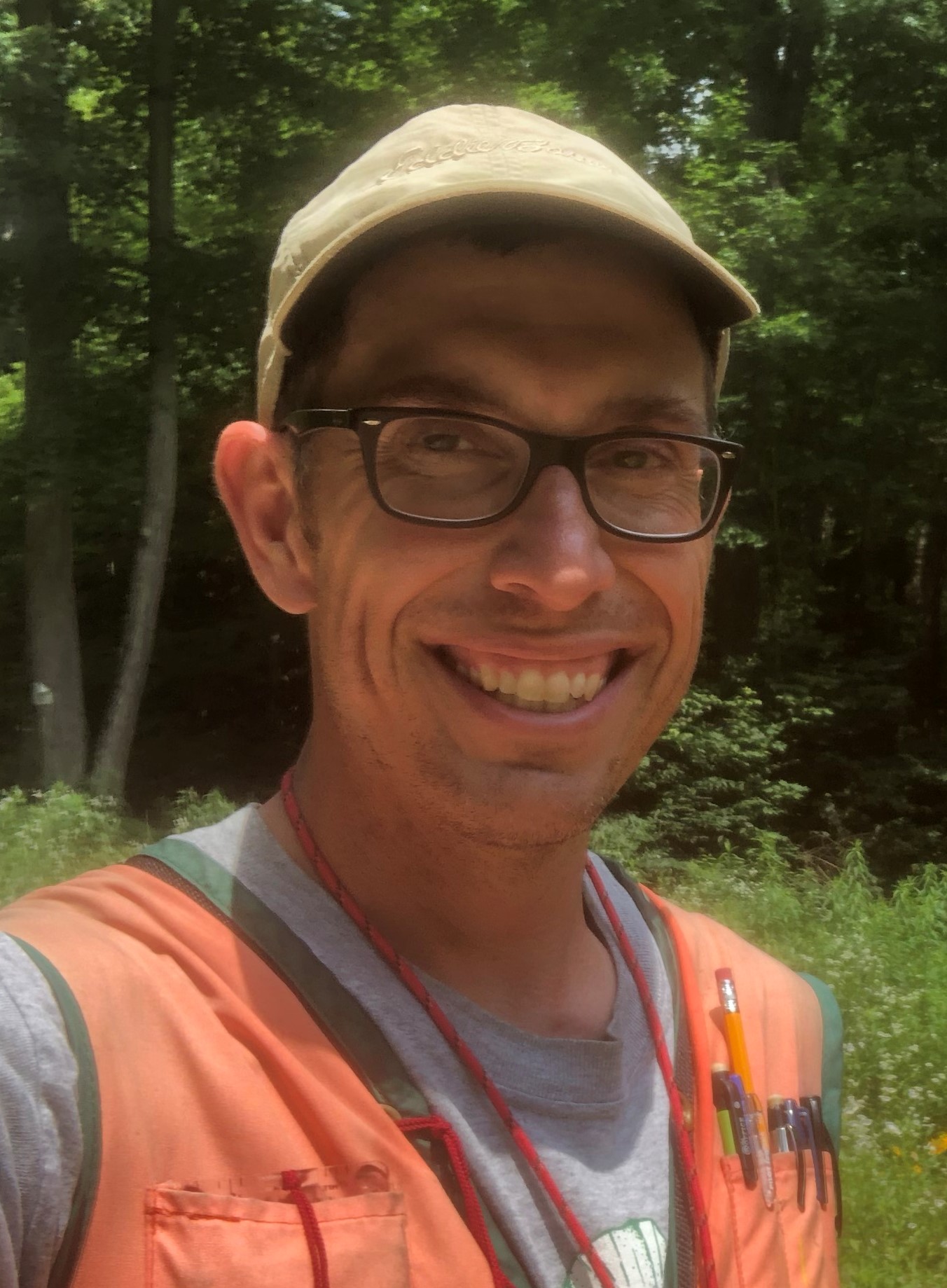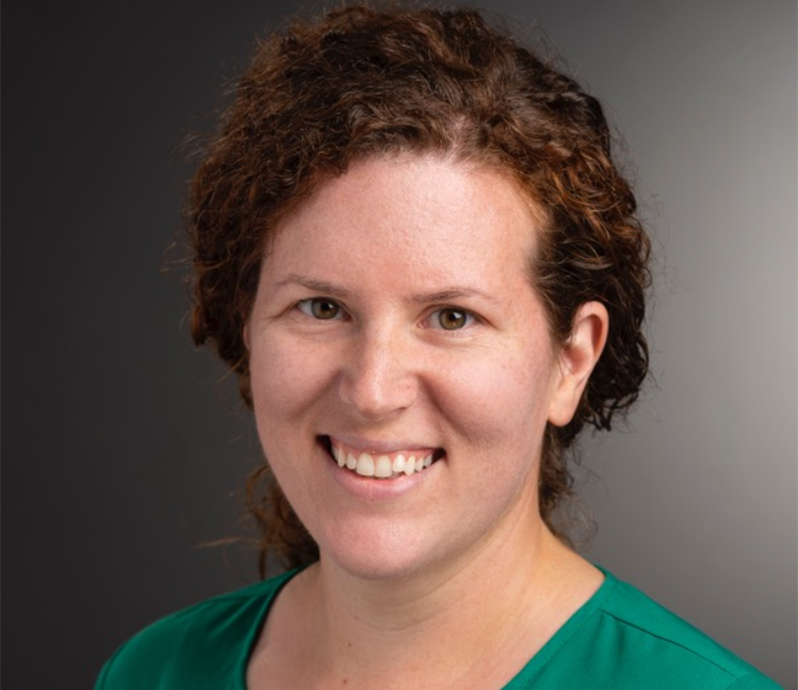Cultivating Scientific Curiosity
Workshop Sessions
The first week of the workshop you have the opportunity to learn more about seven different resources.
Be sure to sign up for the workshops you want to attend. Attendance is limited to provide opportunities to interact with presenters. Please note, these workshops are “flipped” sessions. Please be sure to complete the pre-workshop assignments before the workshop session.
From NEON sites to your (online) Classroom – resources for Ecology Education in a Virtual World
Description:
There has never been a greater need for online education, and the National Ecological Observatory Network (NEON) has been working to develop online resources specifically designed for independent, asynchronous learning. In this workshop we will explore the breadth of NEON educational resources through the lens of remote learning, including our Tutorials, Teaching Modules, and Science Videos. We will also do some live hand-on programming in R to access and explore NEON data. The goals for this workshop are to increase your awareness of NEON resources (documents and staff!), understand the workflow for working with NEON data in R, and to highlight how each of these can fit into an online curriculum.
The keystone of our remote learning resources are the Tutorials, which are designed to teach specific data science skills related to ecology and analyzing NEON data. These tutorials are often adapted, or used directly, by faculty who seek to integrate open data science into their classroom. Together, we will walk through one of these tutorials to show the step-by-step process of downloading and working with NEON data. Along the way we will highlight the common problems that students run into while working with these tutorials, and pragmatic solutions to use during synchronous or asynchronous teaching. We will then discuss the variety of topics that can be explored using these resources, from quantifying biodiversity, to analyzing LiDAR pointclouds in 3D, all of which can be supported by our videos available on YouTube. Finally, we will give an overview of our “turn-key” teaching modules available on QUBES hub, which include lesson plans, handouts, and extensions for employing NEON data within your classroom.
For the best experience, we highly recommend viewing the agenda and pre-workshop computer setup instructions on NEON
RNA-Seq and Jupyter - Bringing Genomics Into the Classroom
Description:
Genomics and other areas of biology rely heavily on the tools of bioinformatics, data science, and computing. Bringing these tools into the classroom can be daunting – both in determining which tools to use and managing their use. The Genomics Education Alliance (GEA) is a newly NSF-funded research collaboration network (RCN-UBE #1827130). This alliance has brought together several well-known educators and educational projects. Resources in development by GEA include a core set of computational tools and we will demonstrate how we have used CyVerse resources to make classroom workflows using Jupyter notebooks. We will review the benefits and value propositions of these and technologies and provide tips on computational resources can be adopted and adapted for faculty in any context, making using bioinformatics in the classroom a more manageable experience.
In the workshop, we’ll work through an introductory lesson in RNA-Seq using a real dataset. You’ll follow along using the interactive Jupyter notebooks while also learning how this analysis is done using the Linux command line. No command line experience is required. The Jupyter environment served through will illustrate how students can take this first step towards using command line tools with a minimum of pain and frustration.
Pre-session assignment: Complete the Instructions for the RNA-Seq Leptin lesson on CyVerse Discovery Environment
Important Update: CyVerse VICE service being used for the workshop now has an access request step. You will be prompted to complete a form when you follow the workshop setup instructions and launch the application. You can complete the form in advance here: https://forms.gle/JH65bNTj4nVh9qWY7
Using Avida-ED as an Undergraduate Research Experience
Wednesday, July 29
12:00 - 1:30 pm ET
Tuesday, August 11
3:00 - 4:30 pm ET
Description:
Avida-ED is a free, browser-based, digital evolution software program developed specifically for educational purposes, with a graphical user interface and visualizations that allow the user to observe evolution in action. (See the Avida-ED website for more information and to run the software in your web browser.) Organisms within this software (Avidians) are self-replicating computer programs, competing for computational resources supplied by the environment. Their replication is imperfect, resulting in mutations in some of their offspring, which may alter the ability of those organisms to make use of their environmental resources. Populations studied over the course of generations, therefore, display all of the elements necessary for evolution by natural selection: variation, inheritance, selection, and time. Avida-ED thus provides not a simulation of evolution, but an actual instance of it.
Avida-ED has been developed for use in undergraduate biology. A series of exercises lead students through inquiry activities focused on evolutionary concepts and questions. Because Avida-ED is an instance of evolution, and not a simulation, students have significant control of the environment and are able to change parameters such as the world size, the mutation rate, and what resources are available. Individual organisms can be saved in a virtual freezer, analyzed individually to watch how they perform tasks and replicate themselves, and used to start new evolutionary runs. In addition to the series of exercises designed to address particular concepts, students can use Avida-ED to generate novel hypotheses, collect extensive data, analyze results, and share these through poster presentations - allowing an instructor to implement a course-based research experience.
During the initial workshop, we will preview the exercises, and consider how Avida-ED can be used to engage students in independent research.
Pre-session assignment: Watch the videos embedded below and read and complete the introductory exercise.
Introduction to Avida-ED
Avida-ED Resource Walk-through
Engaging students in data exploration using digital biodiversity databases: BLUE Data Network
BLUE Workshop Materials
Engaging students in data exploration using digital biodiversity databases: BLUE Data Network
Version: 1.0
Description:
In this workshop you'll explore activities, developed by the Biodiversity Literacy in Undergraduate Education (BLUE) RCN-UBE, in which students use digital biodiversity databases (GBIF, Arctos, iDigBio, etc) to investigate topics in ecology, evolution, and organismal biology. BLUE's goals are to bring together communities of biodiversity, data science, and education specialists to identify core undergraduate biodiversity data competencies and standards and develop effective strategies for sustained integration of biodiversity and data literacy education into the undergraduate biology curriculum. BLUE participants have brought some of these strategies into practice by developing example curriculum materials.
In alignment with the core content and competencies identified in Vision and Change in Undergraduate Biology Education, the BLUE modules can be used to integrate the scientific process, present biological concepts in a real-life context, and engage students as active participants in science in early foundational courses. We will introduce a module specific to biodiversity data resources and exploration. We will showcase resources that build from this module to explore core biology content (e.g. coevolution of plants and pollinators, factors influencing animal size, and correlations between species' distributions and a range of environmental variables). We will also introduce a course based research experience designed for implementation at the introductory level.
We'll work through the introduction to data module, then encourage participants to work through a topic specific module either individually or in small groups. Participants will also learn about ongoing BLUE activities and opportunities to get involved. More information about BLUE is available on our website: www.biodiversityliteracy.com/ and materials are housed on the QUBEShub.
Pre-session assignment: Watch the BLUE introductory video linked here and download the “Data is the New Science” bundle. If you will have limited screen space during the workshop, consider printing the two-page GBIF user guide.
Cell Collective: Research Grade Computational Modeling and Simulation Technology Designed with a Classroom in Mind
Co-authors:
Tomas Helikar, University of Nebraska-Lincoln
Description:
Cell Collective is an online, research-grade modeling platform adapted to engage students in creating and simulating dynamic models of biological processes. In this workshop, participants will experience, as a student, how to build a model of cellular respiration. That model will then be used to simulate behaviors of the system. The use of modeling and simulation emphasizes higher-order cognitive skills, positioning students to be critical and reflective thinkers proficient in problem-solving and effective communication.
Our lessons are designed to engage students in model building and validations of the system’s dynamics through simulation. Comparing the behavior of the system under varied conditions helps students gain insight into the mechanism of a phenomenon. Cell Collective lessons are self-contained, guided exercises suitable for introductory through upper-level courses, and are well suited to both face-to-face and remote course applications.
Pre-Workshop Assignment:
- Register for a free Cell Collective account:
- Navigate to the Cell Collective site
- Click the profile icon in the upper right hand corner
- Choose “Sign up”
- Fill out the information and click “Sign up”
- Work through the module called “Cell Collective Training Module: Factors Influencing Exam Scores.” For a video tutorial visit the Cell Collective QUBEShub page.
Distributed undergraduate research experiences in ecology for in-person or online learning: A partnership between EREN and NEON
Description:
The Ecological Research as Education Network (EREN) is an organization supporting the development of undergraduate research experiences in ecology that involve data collected by widely distributed collaborators and their students across multiple institutions. Core to EREN’s philosophy is that publication-quality ecological data can be collected by students in the undergraduate classroom and that data collection gains explanatory power when replicated and coordinated across geographic locations. EREN’s approach is similar in spirit to that of the National Ecological Observatory Network (NEON), an National Science Foundation (NSF) supported continental-scale observation facility collecting a variety of open-access ecological data across multiple sites.
In this workshop, you will learn about a timely NSF-supported initiative by EREN and NEON to develop and disseminate ecological projects that may be adapted and used by faculty and students through in-person, hybrid, or fully online classrooms. Projects link data collected locally with analysis of existing nation-wide datasets. This approach allows students to gain experience with techniques and hands-on data collection, alongside experience with management and analysis of large datasets.
Two specific projects will be described in detail: a project focusing on the relationship between plants and people in anthropogenic habitats ("Plants in the Human-Altered Environment") and a project to better understand the distribution of pollinators along a rural-urban land-use gradient. We also will briefly describe additional forthcoming projects that engage students in the study of mosquitoes and lichens. Finally, we will describe a mechanism for the development and promotion of novel projects (the “Ecology CURE Incubator for Flexible Course Modes”), with financial support underwritten by the NSF.
Three break-out groups will facilitate detailed discussion of (1) the plants in the human-altered environment project, (2) the pollinator survey, and (3) new project ideas.
Pre-session assignment: Read "Collaborative Research Networks Provide Unique Opportunities for Faculty and Student Researchers"
Microbiomes for All: Resources, strategies, and community support for the incorporation of large microbiome data sets into course-based undergraduate research projects
Introduction to REMNet
Friday, July 31
12:00 - 1:30 pm ET
Thursday, August 13
12:00 - 1:30 pm ET

Co-authors:
Davida Smyth, The New School, NY
Description:
The study of microbiomes has skyrocketed over the last ten years. This growth has been driven by advances in DNA sequencing technologies, and by a paradigm shift in the field of microbial ecology sparked by culture-independent and metagenomic techniques. We saw in these rapid changes an opportunity to bring the excitement of microbiomes and metagenomics to students by providing training in the scientific process through their engagement in research. Using a course-based undergraduate research experience (CURE) model, we established the Urban Microbiome project at The City University of New York. Microbiome research allows students to conduct experiments that reveal the diversity and complexity of local environmental microbiomes and requires problem solving and quantitative skills. As the use of microbiome data in courses increases, there is a need to 1) set community standards, 2) adapt new technologies for use in microbiome CUREs, 3) provide training resources, and 4) to make available the growing microbiome datasets and analysis tools to students. We have established a national model for microbiome research and that provides support to faculty interested in incorporating the exploration of microbiomes into their courses. This is the perfect time for integrating microbiome studies as the tools for culture-independent study of microbial communities and for DNA sequencing are increasingly accessible and affordable.
There are a number of examples of how course-driven research can broaden participation and reach a larger demographic of STEM students who might not otherwise engage in original research. However, there are often barriers to adopting CUREs, including the major restructuring required for an existing course, the need to create a new course in some cases, and the significant time commitment required for faculty training. Aware of how these barriers prevent many instructors from adopting existing CUREs, we set out to offer an alternative CURE model that is easier for faculty to adopt. The Urban Microbiome CURE we developed is innovative because, 1) it uses a modular research project that instructors can easily insert into existing courses, 2) the richness and diversity of the microbiome data can be split into smaller, interconnected, research questions that can be divided among multiple student groups, and 3) because the addition of a microbiome component can complement existing faculty research efforts. The Urban Microbiome CURE has been incorporated into courses at numerous campuses (both four-year colleges and community colleges) in NYC and elsewhere, and has involved >4,500 students in microbiome research.
More REMNet Resources:
